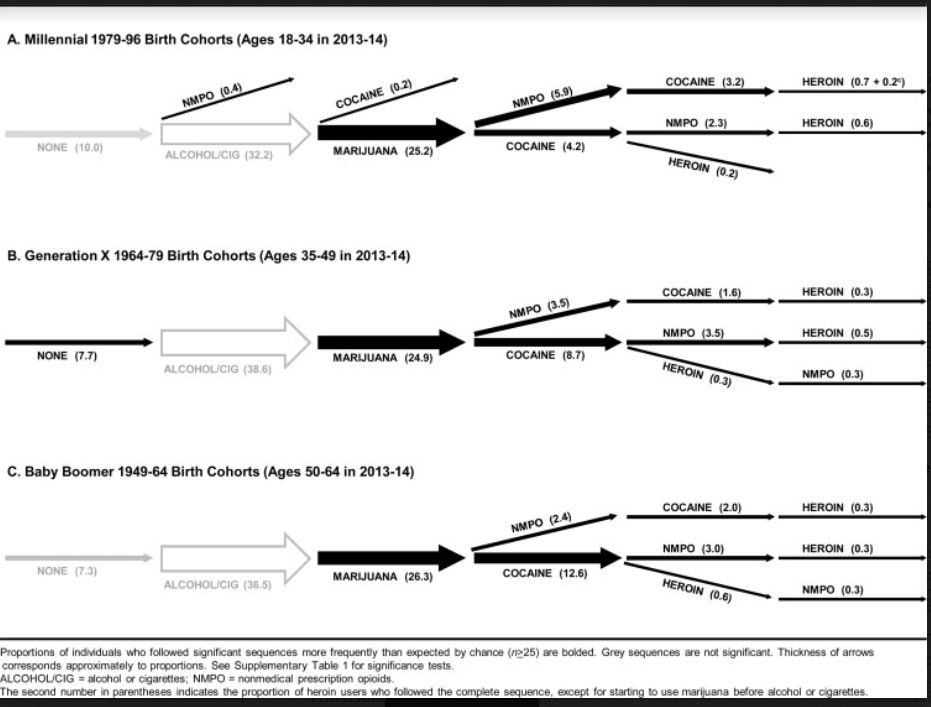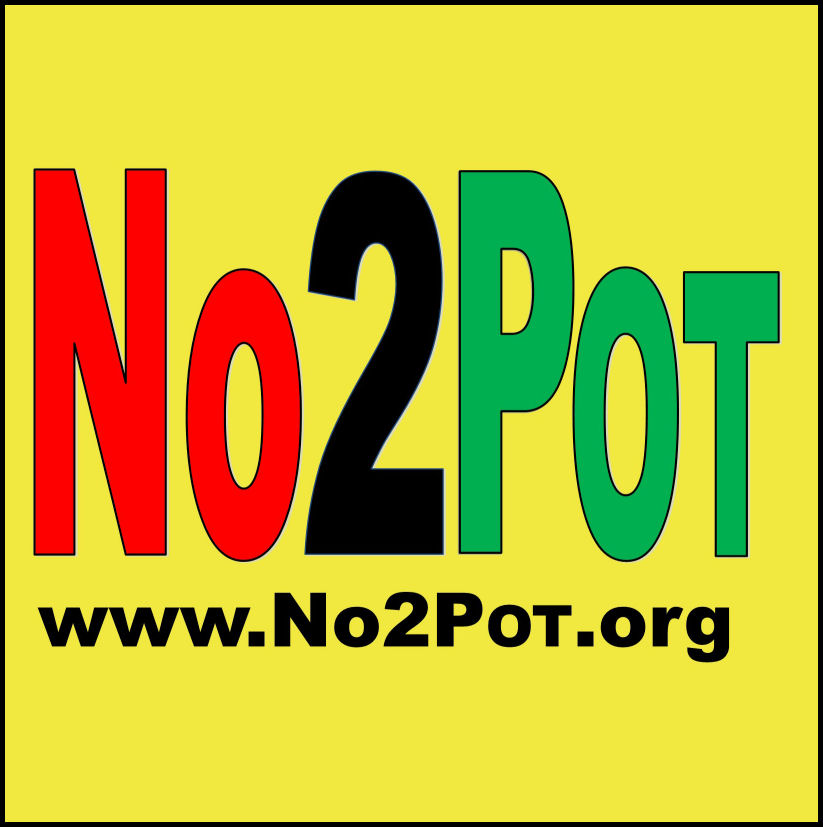Parents
|
Don’t ignore your suspicions... educate yourself and your family: ***Proactive parenting is best, particularly when it comes to substance abuse which include alcohol. Addiction is a preventable disease. Educate yourself on addiction and recovery...
Free resources for parents and teachers. Video on Essential Communication Skills for Parents and Caregivers- SAMHSA |
|
Personal Reflection: The reason I developed this website was to help families particularly parents who feel helpless and are searching for answers and learn the truth about addiction. For two years I searched for the best program and the key to recovery. However, as complicated as the disease of addiction is the same is true for the recovery process. Both are very individualistic and complex. This being said there are still ways parents or friends can help those suffering from substance addiction. Begin to develop your own Family Strategy in conjunction with working with a professional. (After you read this page click on Recovery then Get Organized.) Even if the abuser is not ready to make changes you can begin to make some changes. First and foremost try to insure that you are not enabling the person to continue misusing drugs. This is different for every family. For some families this may include cutting off finances (Is he/she using the money for food or drugs? You may need to ask yourself many similar questions.) Again, the book I recommended, Setting Boundaries with your Adult Child is an excellent resource. For some families this may involve taking control of finances including paychecks to help remove the temptation of spending money on drugs. Or this may mean taking away the car and driving the child/adult everywhere...cell phones (particularly with drug friend’s numbers) can be a temptation. A relapse trigger can be as simple as hearing an “old friend’s” voice. If you have been doing everything possible and seem to be going in circles you may need to take more drastic measures to help bring some sanity to your life. Reading some of the books I recommended and attending Al-Anon or Nar-Anon meetings is a good beginning and may help to give you ideas of what will work for your family. Attending meetings may help you to realize you aren’t alone. Many families have similar struggles. The purpose is to have a place to go where you can talk, share your frustrations, draw strength from each other... These suggestions may be the beginning for you begin to develop your family strategy for recovery and find some peace in what often can be a life filled with a great deal of emotional stress and hopelessness. Don’t IGNORE or DENY the signs that your child has a problem. The sooner you take action the greater the chance for recovery. Whether you child is an adolescent or 40 years old addiction not only affects them but your entire family. If you find pot your child’s room, backpack, car, jacket... assume it is your child’s not a friend’s... your child has a drug problem. If your child has been arrested for possession of drugs... your child has a drug problem. If your child’s grades have suddenly dropped, no longer desires to play sports, or has new friends that seem different and/or have different goals than your child’s... your child may have a problem. If you suspect your child is involved with drugs begin to monitor his/her activity- cell phone (calls, texts and often activate the GPS) , facebook, e-mail, question new friends and meet their parents, and consider random drug testings. If you are concerned about “their privacy” consider the alternative... a life with drugs or worse. If your family member is in a detox facility, rehab, or jail use this time as an opportunity to develop and implement an action plan. Even if the person refuses help, the family may need to make their own “Strategy for Sanity.” Attempting to establish new rules and begin to modify your actions and thoughts toward the person in recovery may seem overwhelming but it doesn’t have to be complicated. (Ideas to consider in writing an action plan.) Below are some suggestions:
* Begin to attend Al-Anon or Nar-Anon meetings The first time a person enters a facility and then comes home is the best time to make modification/ changes and/or add boundaries and structure to your life. If you believe this is a one-time event and deny a problem exists you may truly regret your decision. If your family member is in jail check to see if any of these options are available: Prison may allow a person to detox but abstinence alone will not help a person recover. He/she needs to learn how to make good choices and healthy decisions. New skills need to be learned. Yes, decision making is a learned skill. This typically requires professional help. Often adolescents, young adults and other people struggling with drugs and/or addiction problems have lost hope, goals and meaning in their lives. I would recommend finding a spiritual counsel who will help to renew a purposeful meaning and establish/renew goals by helping the person learn to depend on someone else other than themselves. This may be God or a higher power as discussed in AA/NA meetings. |




